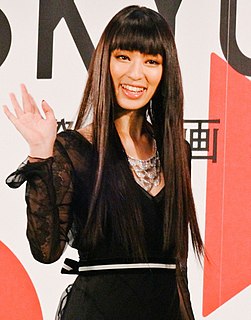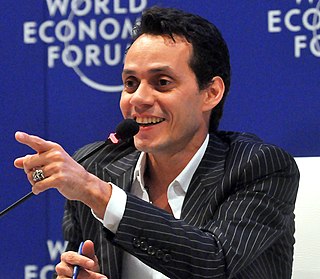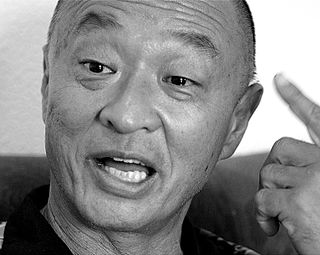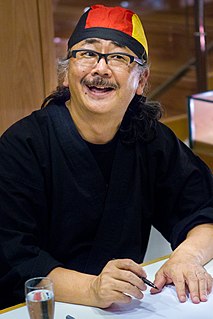A Quote by Chiaki Kuriyama
I didn't understand the American fascination with the Japanese schoolgirl. No, I don't think I can, really.
Quote Topics
Related Quotes
I understand the Rooney Rule and I understand why it is critical in America. I certainly think there are differences between the American system and in American football, there is such a large percentage of players who are of ethnic backgrounds. I think there is a difference here... I don't think its appropriate here.
I'm interested in people. I'm curious about people, and of course we're curious about people whose work we respond to. So I'm not saying that I don't understand fascination with other people. But as it's dealt with in this American, modern-day culture, I find it not just boring but actually sort of destructive, really.
They didn't incarcerate the Japanese-Americans in Hawaii. That's the place that was bombed. But the Japanese-American population was about 45 percent of the island of Hawaii. And if they extracted those Japanese-Americans, the economy would have collapsed. But on the mainland, we were thinly spread out up and down the West Coast.




































